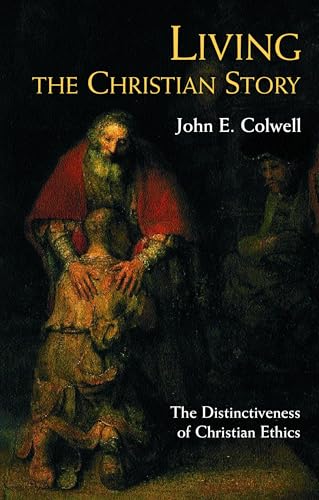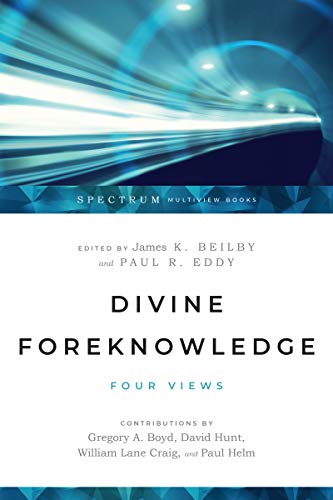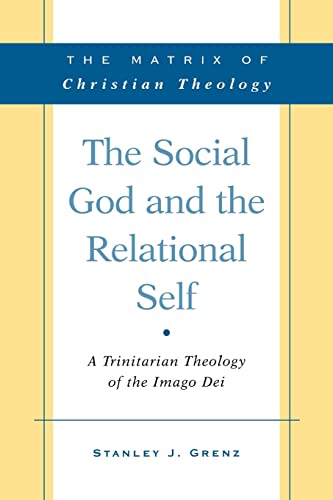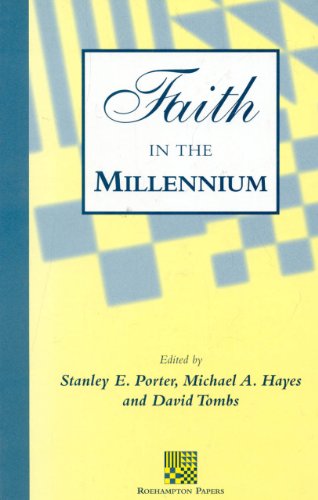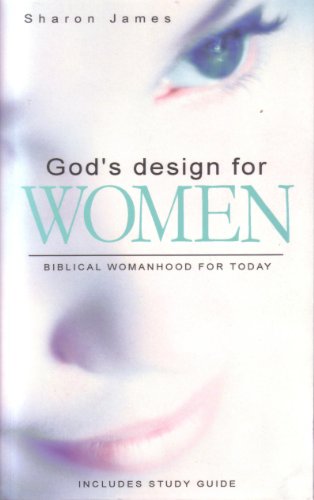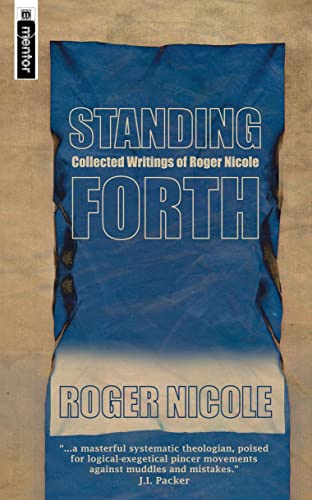LIVING THE CHRISTIAN STORY: THE DISTINCTIVENESS OF CHRISTIAN ETHICS
Written by John E. Colwell Reviewed By Brian BrockJohn Colwell has succeeded admirably in filling a critical gap in the literature on evangelical ethics by providing us with an introductory level discussion of some of the main ideas of Karl Barth and Stanley Hauerwas. Colwell lets us in on the wide-ranging debates they have spawned, and as a bonus his assessment of the discussion gives us a look into what contemporary English trinitarian theologians consider to be at stake in these debates.
It is important to stress that the book is a study of ethical theory, with only a few intervening discussions of practical questions, but this in itself is a characteristic that is worth noting of the school of English trinitarian theology which Colwell ably represents.
The book is divided into four parts. Part one attempts to repudiate the notion of an independently perceived foundation of morality. Here postmodern thought is applauded for exposing the incoherence of the idea of ‘objective truth’ and highlighting the communal context of all knowledge. Colwell concludes the section by asking why Protestantism has lost its confidence to speak about ethics. He argues persuasively that its modernist hermeneutic reads Scripture as a book of moral rules and religious truths which is incapable of translation into contemporary life.
The book’s second section responds to this dilemma by arguing that the Bible is fundamentally an interpreted account of the Christ-event and thus a narrative. This undercuts the modernist hermeneutic by emphasising that event as an ever-new wellspring for moral deliberation. Yet God has let the Christ-event be recorded through biblical narrative, and thus, ‘To live authentically as Christians is to live in response to this God, to live in coherence with this story’ (98). Ethical deliberation must return to its basic authority, the life-event of Christ as narrated through Scripture, rather than cutting itself off from this event by distilling its record into ethical rules or principles.
The pneumatological assumptions of this approach are discussed in part three. Christian ethics seeks to give body to the claim that the promise of the Spirit is that the life of the believer will, over time, be made to cohere with Christ. Jonathan Edwards’surprising position is used to argue further that all virtue, beauty and harmony springs from the indwelling of the Spirit, no matter where it is found. This theme returns in part four where it is used to argue that the church need not coerce the world to believe its truth, but can count on its words resonating with the presence of the Spirit in all things beautiful and good.
Part three continues by deploying an unconvincing criticism of Barth’s thought on baptism to make the excellent point that truly ethical action is simultaneously human and divine because it attends to the working of the Spirit. The tangible quirkiness of this section comes to the surface with the realisation that we are watching a high-profile Baptist using an ecclesiology focused on the sacraments to batter the one father of the church (Barth) who questions the theological premises of infant baptism. Yet Colwell’s underlying thrust is an important corrective to the rule bound dilemma-ethics that Colwell rightly criticises. The Christian life is a re-telling of the gospel stories, not only in speech but through our bodies and lives.
This book is definitely worth reading because it is one of a handful in which Barth’s seminal thought on ethics is accessible, making it doubly regrettable that Colwell’s understanding of Barth’s work is based almost exclusively on volume IV of the Church Dogmatics, rather than his whole ethical corpus, which can be found in Church Dogmatics I.2, II.2, III.4 and the 1928–29 Ethics.
Brian Brock
Brian Brock
University of Aberdeen
Aberdeen, Scotland, UK


